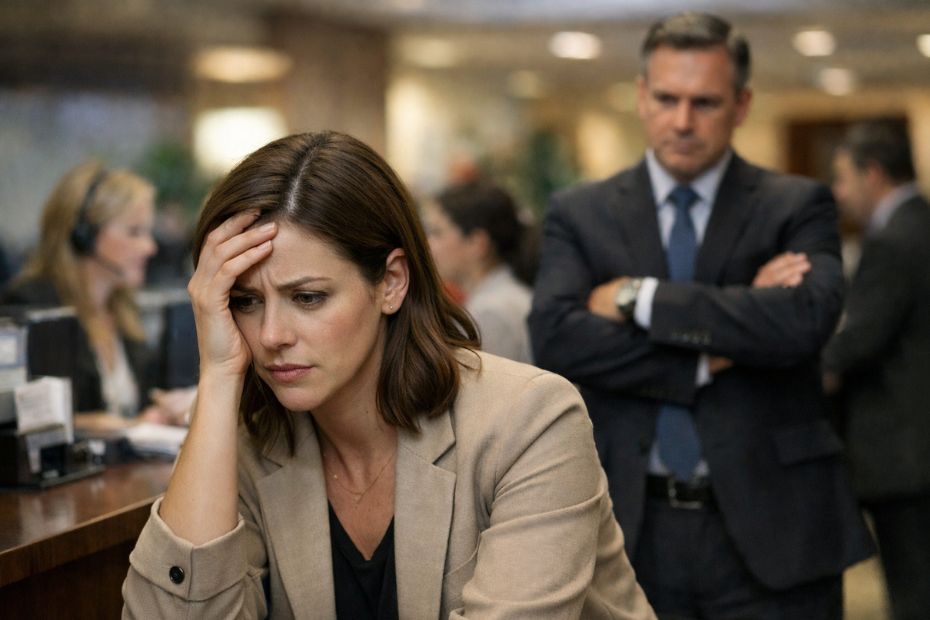Unless you’re protecting yourself or your property, it’s illegal to record someone without their agreement under state law. If you are convicted of filming someone without their consent, you might face up to five years in prison, depending on the severity of the crime.
There is no problem of illegality if you have your spouse’s express or inferred consent to record them.
Is it legal to tape a telephone conversation?
No, is the quick response. The Surveillance Devices Act governs the making and use of covert recordings in NSW. The use of listening devices to record a private discussion to which the individual is or is not a party is prohibited under Section 7 of the Act. A private conversation does not include one held in circumstances where the participants have a reasonable expectation that it would be overheard by others. A listening device is defined as any equipment that can be used to overhear, record, monitor, or listen to a conversation or words uttered to or by any person in discussion, including a smartphone. Of course, there are exceptions for ASIO, the police, and other government agencies, but those exclusions would not apply in a family law case.
The consequences for breaking the rules against intercepting or secretly recording a conversation vary, but can include restitution to the other party, fines of up to $11,000.00, and up to five years in prison.
Is it possible to utilise a hidden recording as evidence in Family Court?
The restriction on the use of listening devices to record private conversations has various exceptions. If all of the main participants in the conversation grant their verbal or implied approval to the gadget being used, the restriction does not apply.
The Family Court has the authority to admit or exclude the recording from evidence. The Court evaluates whether the recording is reasonably necessary to preserve the lawful interests of the principal party to the private conversation, such as to support or defend charges of domestic abuse, while exercising this power. The benefit to the case’s resolution in admitting the recorded evidence would be weighed against the harm to the parties and the justice of the case in enabling one of them to rely on illegally obtained evidence. The Court would also evaluate the evidence’s significance as well as the difficulty (if any) of getting it without breaking the law. It’s crucial to understand that even if the illegal secret recording is permitted into evidence, the individual who made it may still face criminal charges or damages for their actions.
Should you do it even if it’s legal?
Of course, the answer to this question will vary depending on the specific circumstances of each situation. In areas where it is allowed, such as Victoria, Queensland, and the Northern Territory, surreptitiously recording conversations might be appropriate if there are substantial, regular arguments about who said what and when perhaps because of drug or alcohol misuse or significant mental illness.
Even in circumstances where a secret recording of conversations is appealing or even seems appropriate, the one who wishes to do the recording should consider the long-term implications of a significant loss of trust in their relationship with the other person before proceeding. It would be difficult, if not impossible, to continue to trust someone after learning that they have been secretly recording your chats. When children are involved and the couple needs to have a parenting relationship in the future, ongoing trust between a separating spouse is very vital.
Making thorough notes of conversations with an ex-partner as soon as possible after the sessions have concluded is a middle ground alternative for surreptitiously recording conversations with an ex-partner, regardless of whether it is legal to do so in the particular area. Such notes would be extremely useful in compiling evidence for any family law case, without jeopardising confidence by secretly recording discussions.
Because surreptitiously recording a discussion with an ex-partner may be illegal, not only is there a possibility that it may be excluded as evidence in family law procedures, but the individual who made the recording could also face civil and criminal penalties. Even if surreptitiously recording a discussion with an ex is legal, it isn’t always a smart idea to do so. Taking notes on the chat rather than secretly recording it would be a safer option.
How Would a Court Consider it?
The first question a Judge will ask is whether the recording should be accepted into evidence, regardless of whether it is illegal or not. The starting point is that if the evidence was obtained illegally or unlawfully, it should not be included unless the benefits of doing so exceed the disadvantages.
The Judge will consider the following factors in determining this:
- the significance of the evidence,
- its probative value,
- the seriousness of the impropriety or breach in creating the recording,
- and if the police will act on it (if illegally obtained).
Due to the difficulty of family violence occurring behind closed doors and the absence of supporting evidence, a judge may admit covert recordings to collect proof of family violence.
The parties agreed in the instance of Jasper & Corrigan (No.2) [2017] that the Wife had recorded the Husband’s discussion without his knowledge or consent. The Court was then confronted with the decision of whether to allow the Wife to use the recording as evidence.
The Presiding Judge looked at the laws in New South Wales that deal with unauthorised recordings. In terms of evidence, the Judge determined that the Wife had no other options. As a result, the recordings were “reasonably essential” as evidence. The tape was admitted into evidence by His Honour.
The Judge then assigns weight to the evidence after it has been admitted. This implies that even if you get your tape in, it may not help your case because the Judge may not give it any weight. If you were seen making a recording in a way that could be perceived as frightening, or if the recording was seen as a’set-up,’ it could hurt your case.
How Can We Help?
At Mediations Australia, we’re early resolution focused. If you are thinking of separation or have already separated and need to understand your legal position in things, talk to us today! we have a team of family lawyers and mediators who can assist you in Canberra, Perth, Adelaide, Melbourne, Sydney and all other locations in Australia. We also do international family law matters.



